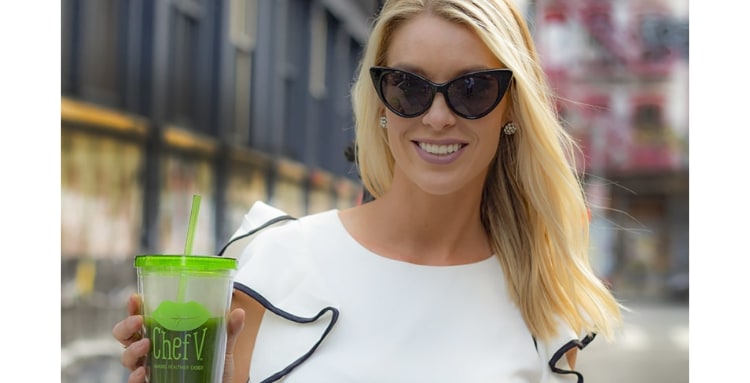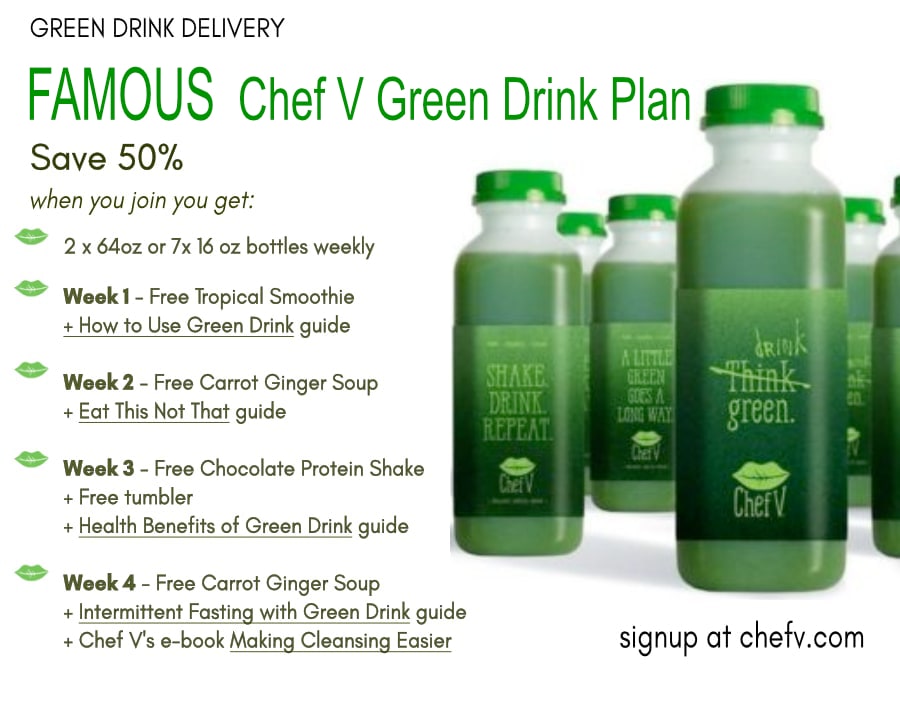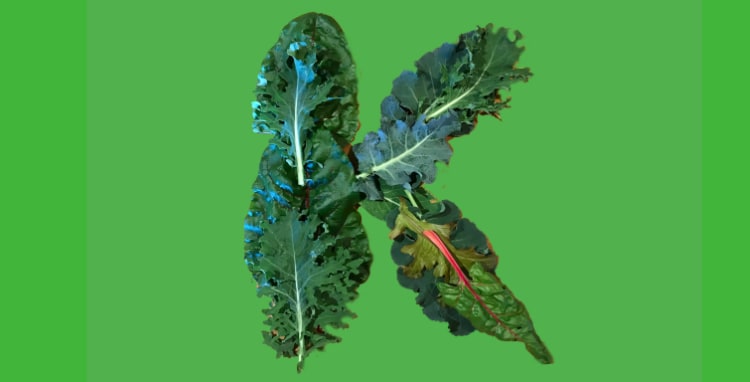
You know that Vitamin K is important for heart and circulatory system health, but now a connection with viral disease and mortality makes getting your Vitamin K more important than ever.
In recent reporting on viral research, The Guardian reports: “Researchers studying patients who were admitted to the Canisius Wilhelmina hospital in the Dutch city of Nijmegen have extolled the benefits of vitamin K after discovering a link between deficiency and the worst pandemic outcomes.”
Dr Rob Janssen, a scientist working on the project says: ““My advice would be to take those vitamin K supplements. Even if it does not help against severe viral disease, it is good for your blood vessels, bones and probably also for the lungs.”
The research, undertaken in partnership with the Cardiovascular Research Institute Maastricht, one of Europe’s largest heart and vascular research institutes, studied 134 patients hospitalized for viral disease between 12 March and 11 April, alongside a control group of 184 age-matched patients who did not have the disease.
Jona Walk, a second researcher on the study, which was submitted for peer review on Friday, said: “We want to take very sick patients and randomise so that they get a placebo or vitamin K, which is very safe to use in the general population. We want to give vitamin K in a significantly high enough dose that we really will activate [the protein] that is so important for protecting the lungs, and check if it is safe.”
Consumer Reports on Vitamin K
Consumer Reports recently discussed three investigations of people with low amounts of Vitamin K and their increased risk of dying from any cause. Other research has shown that too little vitamin K is associated with various age-related concerns, such as cognitive function and mobility.
Vitamin K is needed for normal blood clotting and is related to healthy lungs – it has been shown to protect lungs by protecting the elasticity of connective tissue, and it makes sure minerals (e.g., calcium) stay in bones rather than the blood vessels, which inhibits atherosclerosis. Both blood clots and difficulty breathing are serious complications of viral disease.
Green Drink has 562% of your daily recommended dose of Vitamin K
If you’re having 16 oz. of my Organic Green Drink every day, you’re getting 562% of your daily value of phylloquinone.
Phylloquinone is the plant form of vitamin K.
And next time you get a cut and you’re bleeding, you can thank my Green Drink for helping stopping the bleeding.
That’s because this critical nutrient produces a protein that helps clot your blood.
(If you take blood-thinning medication, though, don’t overdo the Green Drinks and other foods rich in it.)
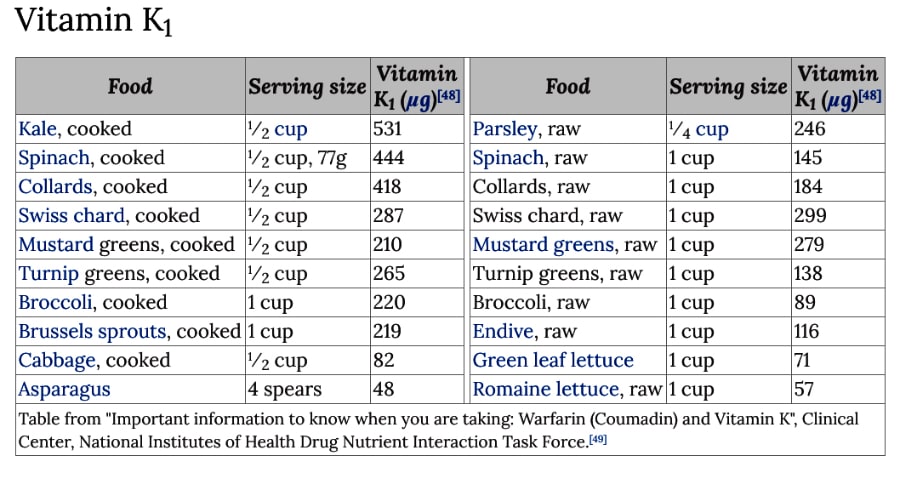
Best Sources
It turns out that two of the top five top sources of vitamin K are in my Organic Green Drink: collard greens and kale.
Now, I never intended to create a detox drink that was specifically high in vitamin K.
That’s because, to be honest, even though I’m a certified nutritional therapist, I, too, tend to treat vitamin K like a neglected friend.
I don’t think about vitamin K often like I do like the B vitamins or C and E (for skin health) or even A.
But next time I get a nick from a bad paper cut, I’m going to be grateful for the fact that my Green Drink not only tastes great, but will help my boo boo heal fast.
Women around my age should consume about 90 micrograms (mcg) a day, of vitamin K. As for men: 120 mcg.
Each 8 oz serving of Green Drink contains 210 mcg (over 250% of your daily value).
That means even if you don’t have any other green leafy veggies the rest of the day, you don’t have to worry about your vitamin K intake.
Which is good news if you’re one of our always on the go customers that don’t get any other greens from food aside from Green Drink. (If that’s you, think of Green Drink as your health insurance.)
In addition to kale and collard greens, lettuce, another of the 7 certified organic veggies in Green Drink is rich in vitamin K.
Who Needs It Most?
Although it’s not common for someone other than newborns to have a vitamin K deficiency, certain people do need more.
If you have any digestive issue that affects how you absorb nutrients, you might want to consume more vitamin K. Ulcerative colitis, Celiac Disease, and Cystic Fibrosis are examples of malabsorption conditions that may require an increase of vitamin K.
If you have one of these conditions, consider not only drinking Green Drink first thing in the morning, but also eating lots of green leafy veggies in salads.
In addition, the Japanese fermented soy food, natto, is the highest source. However, if you have a FODMAP sensitivity, it might be best to avoid fermented foods.
(FODMAPs are short-chain carbs that don’t get absorbed easily in the gut and can lead to fermentation in the digestive system. This is a good resource that explains FODMAPS.)
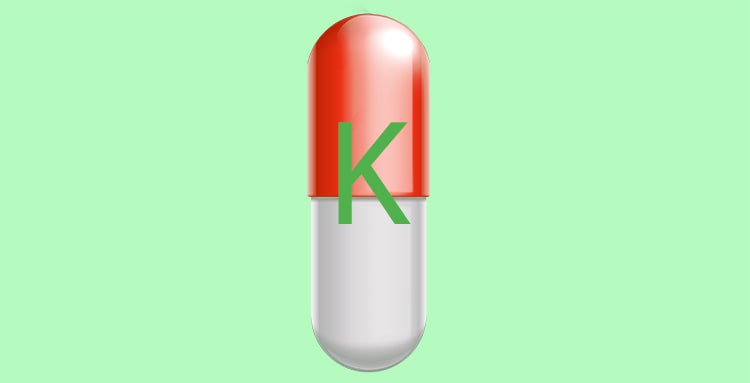
K2: Is it the same?
On certain food labels, you might come across vitamin K2. The plant-based form of vitamin K is K1, whereas animal-based sources are K2.
I’m not vegan, or even vegetarian. But I do believe in popular food writer, Michael Pollan’s famous saying: “Eat food. Not too much. Mostly plants.”
WIthout doubt, you can definitely get enough vitamin K from plant sources.
There’s actually vitamins K3, 4 and 5, but you’ll need a degree in biochemistry to understand what they do.
Health Benefits
Here are some other reasons to have a Green Drink every day….
There’s a protein in your heart that depends on vitamin K. The protein is also located in your bone and cartilage. This protein is very important because it can help reduce calcification (hardening) of the arteries in the heart.
That’s why if you’re not getting enough leafy greens in your diet (either through Green Drinks or salads), you might be at greater risk for heart disease.
In addition, there’s another protein that depends on it for healthy bone formation. That’s why researchers believe there’s a link between low vitamin K intake and osteoporosis.
And when you get older, you’ll especially want to make sure you’re getting enough leafy greens. That’s because the higher blood levels of it you have, the lower your chances of memory loss. Moreover, your blood pressure will be at a more normal level.
Have Some Fat With It
K is fat-soluble. That means you need to eat some fat with it so your body absorbs it.
My Green Drink has zero grams of fat, or at most, a trace amount. So what I do is shortly after I have some Green Drink, I’ll have a tiny amount of avocado, coconut oil or almond butter (or other healthy fat) so that next time I get a boo-boo, my blood will clot fast.
